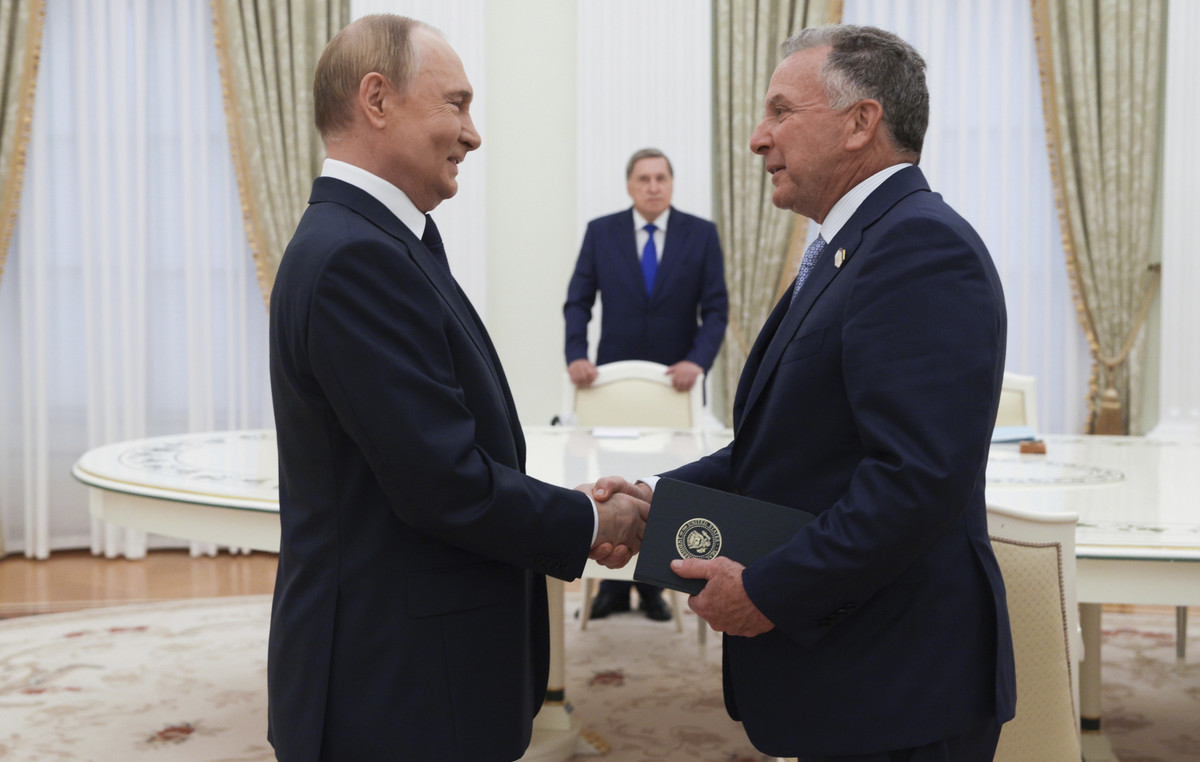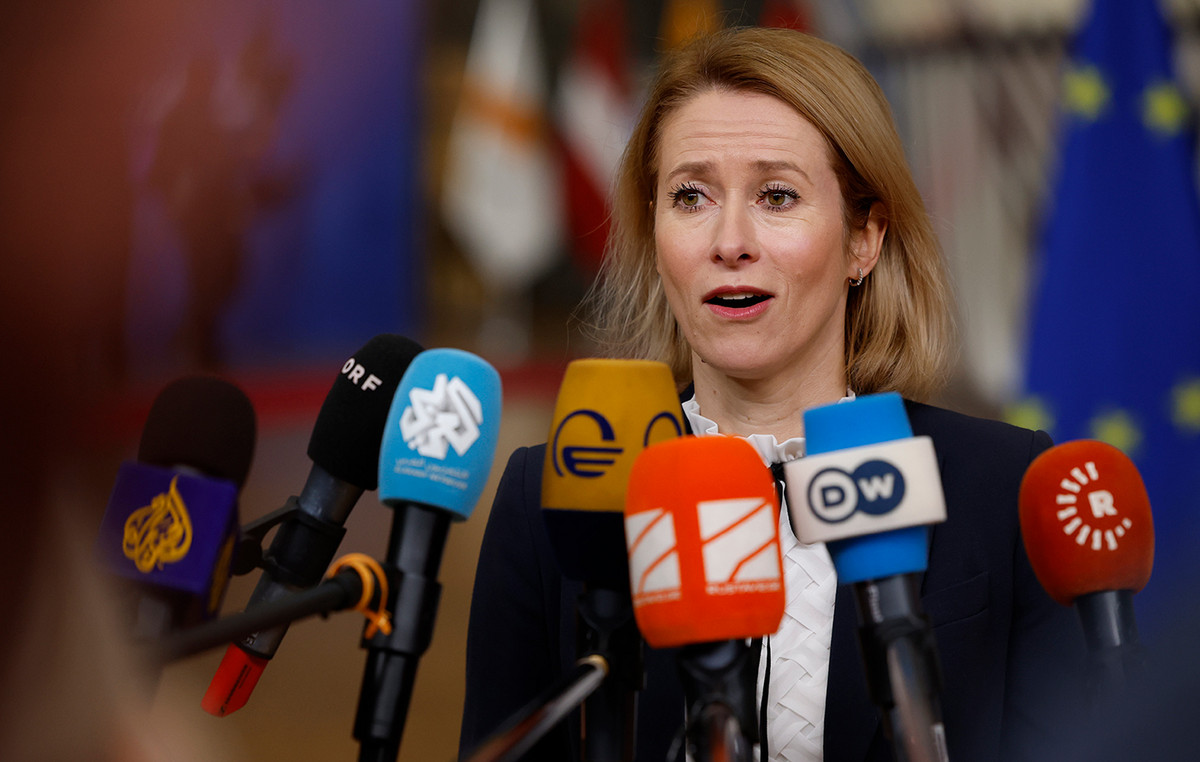- GBP/USD is trading in positive territory for the eighth consecutive day near 1.3215 in early Asian session on Monday.
- Fed’s Powell signaled a rate cut in September, but did not mention the size and pace of the cut.
- BoE’s Bailey said it was still too early to declare victory over inflation.
The GBP/USD pair is trading on a stronger note around 1.3215 during the early Asian session on Monday. The signal that the US Federal Reserve (Fed) will start easing its monetary policy in September drags the Dollar lower and supports GBP/USD. Market players are looking forward to the US Durable Goods Orders for July, which will be released later on Monday.
At Jackson Hole on Friday, Fed Chairman Jerome Powell gave a clear signal that the FOMC will cut the target range for the Federal Funds Rate at its next meeting on September 17-18, as inflation is on a sustainable path back to the 2% target. Powell, however, declined to give a hint on the size of the rate cut in September and the pace of rate cuts this year, as the Fed remains data-dependent.
Firmer bets on Fed rate cuts continue to weaken the Dollar and create a tailwind for GBP/USD. Analysts at Rabobank noted that they expect the labor market to worsen further in the remainder of the year, triggering four consecutive rate cuts of 25 basis points (bps) each at the September, November, December and January meetings.
On the other hand, speculation that the Bank of England’s (BoE) policy easing cycle will be slower than that of other major central banks provides some support to the British Pound (GBP). BoE Governor Andrew Bailey said on Friday afternoon that inflation remains a major concern for the UK central bank, although many price pressures have eased faster than expected. Bailey noted that it is premature to declare victory over inflation.
The British Pound FAQs
The Pound Sterling (GBP) is the oldest currency in the world (886 AD) and the official currency of the United Kingdom. It is the fourth most traded currency unit in the world, accounting for 12% of all transactions and an average of $630 billion a day, as of 2022.
Its key currency pairs are GBP/USD, also known as the “Cable,” which accounts for 11% of the forex market, GBP/JPY, or the “Dragon” as it is known to traders (3%), and EUR/GBP (2%). The British Pound is issued by the Bank of England (BoE).
The most important factor influencing the value of the British Pound is the monetary policy decided by the Bank of England. The Bank of England bases its decisions on achieving its main objective of “price stability”, i.e. a stable inflation rate of around 2%. Its main tool for achieving this is the adjustment of interest rates.
When inflation is too high, the Bank of England tries to contain it by raising interest rates, making credit more expensive for individuals and businesses. This is generally positive for the GBP, as higher interest rates make the UK a more attractive place for global investors to park their money.
When inflation is too low, it is a sign that economic growth is slowing. In this scenario, the BoE will consider lowering interest rates to make credit cheaper, so that companies borrow more to invest in growth-generating projects.
The data released gauges the health of the economy and can influence the value of the Pound. Indicators such as GDP, manufacturing and services PMIs, and employment can influence the direction of the Pound.
A strong economy is good for the British Pound. Not only does it attract more foreign investment, but it may encourage the Bank of England to raise interest rates, which will directly strengthen the British Pound. Conversely, if economic data is weak, the British Pound is likely to fall.
Another significant indicator for the pound is the trade balance. This indicator measures the difference between what a country earns from its exports and what it spends on imports during a given period.
If a country produces highly sought-after exports, its currency will benefit exclusively from the additional demand created by foreign buyers who wish to purchase these goods. Therefore, a positive net trade balance strengthens a currency and vice versa for a negative balance.
Source: Fx Street
I am Joshua Winder, a senior-level journalist and editor at World Stock Market. I specialize in covering news related to the stock market and economic trends. With more than 8 years of experience in this field, I have become an expert in financial reporting.







